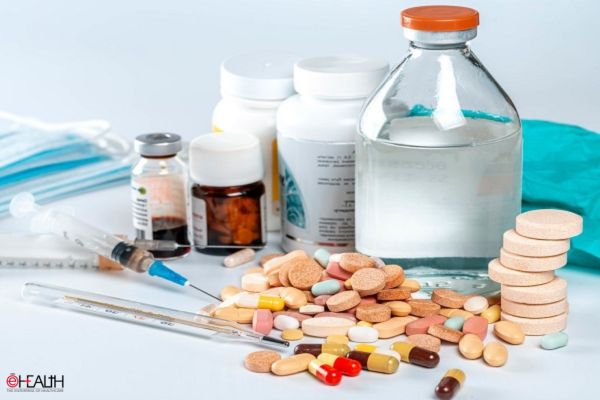
In the realm of healthcare, the burden of rare diseases is particularly heavy. These conditions demand expensive treatments, pushing families to the brink of financial ruin. Recently, the GST Council announced a waiver on GST and customs duty for drugs used in the treatment of rare diseases. However, it is crucial to explore the limitations of this exemption. Will it truly provide the respite that patients and their families desperately need, or is it merely a flicker of hope that falls short of transforming their lives?
Patients and their loved ones lives are uncertain as a result of rare diseases. With annual treatment expenses exceeding crores, the financial burden is frequently devastating. The GST and customs duty exemption may provide some relief, but it is unclear how it would affect the immense expenses related to rare diseases. Commercially available medications are not covered by this exception, leaving patients with few options and heavy cost constraints.

The pharmaceutical industry has been pushing for a waiver on all medications that save lives, including those that are used to treat cancer and uncommon disorders. They contend that a wide exemption would lessen financial hardship and reduce the likelihood of bankruptcy. The current declaration from the GST Council covers rare diseases but leaves out widely marketed medications, dimming prospects for easily accessible and reasonably priced treatment alternatives.

In line with the National Policy for Rare Disease 2021, the GST Council explicitly decided to exempt IGST from medications and food for special medical purposes (FSMP) used to treat rare diseases. This exception, however, is restricted to imports made for personal use. For FSMP that is imported, Centres of Excellence (CoE) for Rare Diseases shall be free from IGST. These actions demonstrate a commitment to resolving issues encountered by patients and healthcare organisations, but they might fall short of having the transformative effect necessary to lessen the financial constraints of rare diseases.

It is important to view the GST and customs charge waiver within the greater context, even if it initially attracted attention as a potential game-changer. Given the high cost of treating uncommon diseases and the absence of commercially available medications, it is possible that the alleviation provided is more symbolic than substantive. Policymakers and stakeholders must reevaluate the effects of such exclusions as families continue to struggle with rare diseases and look into more all-encompassing solutions that genuinely address the financial difficulties patients confront in their search for accessible, life-saving care.

Industry Speaks
Ruchi Sogarwal, Director- Corporate Affairs, Takeda Biopharmaceuticals India Pvt. Ltd.
“The decision taken during the 50th meeting of the GST Council regarding the exemption of medicines for rare diseases enlisted under the National Policy of Rare Diseases (NPRD), 2021 from GST for personal use is a step in the right direction. However, all patients requiring treatment are not aware of and capable of navigating the process of importing drugs, obtaining an import license, and undertaking administrative tasks. Hence, there is a limited benefit to this decision from the patient’s perspective due to operational challenges. The NPRD identifies the Center of Excellence (apex Government hospitals) which provides treatment for all rare diseases in India. Hence, it would be much more beneficial to patients if the government extends the full iGST exemption for the import of drugs to all the Center of Excellence. We hope that Government will consider the same in the near future, since it is a much awaited relief for the patients.”
Dr Ratna Devi, Director, Patient Academy for Innovation and Research
“We appreciate the recent decision to exempt medicines for personal use. This is a positive step forward but the IGST exemption announcement will not benefit most rare disease patients. Patients receive their treatments through the Centers of Excellence designated under the National Policy for Rare Diseases. The recent exemption focuses only on GST levied on rare disease drugs imported for personal use. Patients do not have the knowledge or resources to maneuver the complex approvals process needed for personal imports. Therefore, it is essential that these GST waivers be extended to encompass all approved rare disease treatments in India and not be restricted to personal imports. Additionally, the government should consider exemption on medicines for all groups of rare diseases to ease the financial burden on patients and their families.”
Raja Murugappan, President, Rare Diseases Support Society
“I am happy to see that the Government has prioritized rare disease for the GST council meeting. However, our expectation is that government should give us support on treatment in a sustainable manner. We are struggling to access treatment because of inconsistent funding availability at COE level, we are hoping that the government should listen to our appeal and provide support which is much awaited.
Be a part of Elets Collaborative Initiatives. Join Us for Upcoming Events and explore business opportunities. Like us on Facebook , connect with us on LinkedIn and follow us on Twitter , Instagram.
"Exciting news! Elets technomedia is now on WhatsApp Channels Subscribe today by clicking the link and stay updated with the latest insights!" Click here!
















